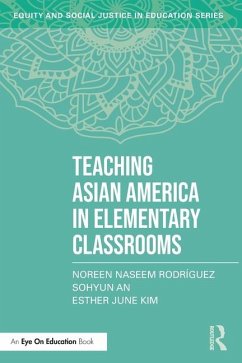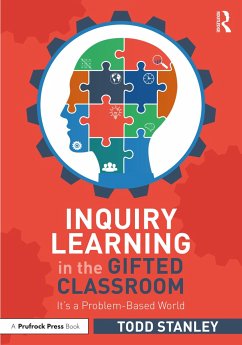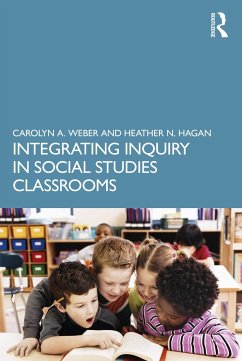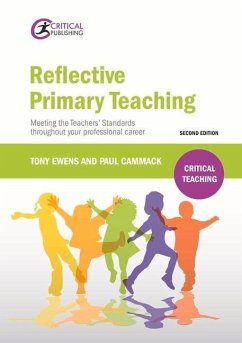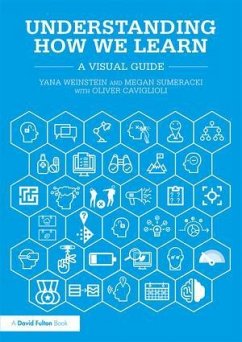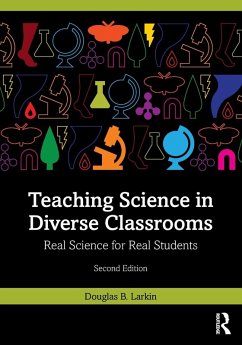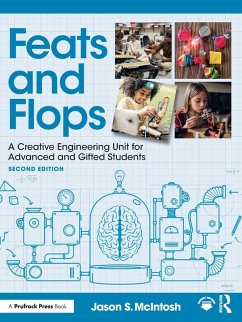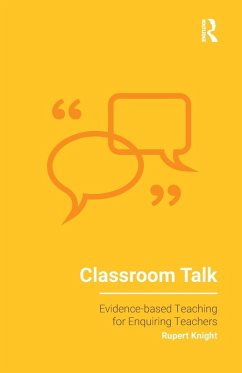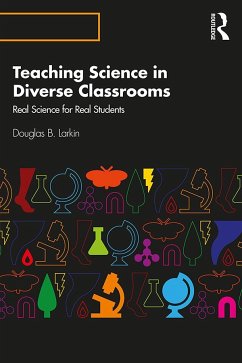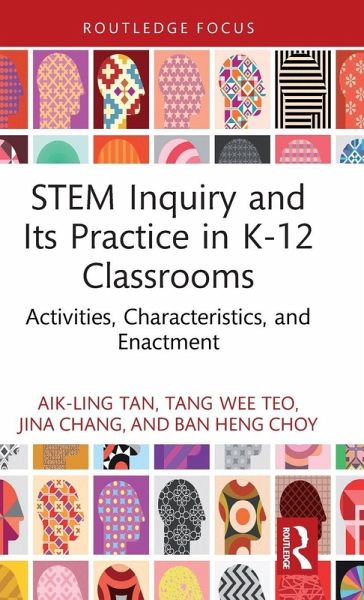
STEM Inquiry and Its Practice in K-12 Classrooms
Activities, Characteristics, and Enactment
Versandkostenfrei!
Versandfertig in 1-2 Wochen

PAYBACK Punkte
32 °P sammeln!




Through examining the theoretical ideas of disciplinarity and disciplinary practices, the book presents instructional aspects for teachers to explore when engaged with integrated STEM inquiry.
Aik-Ling Tan is Deputy Head (Teaching & Curriculum Matters), Natural Sciences and Science Education. She is also an associate professor of science education at the National Institute of Education, Nanyang Technological University, Singapore. She teaches biology education methods courses and courses related to integrated STEM curriculum. Prior to teaching at the National Institute of Education in 2007, Aik-Ling taught Biology and Lower Secondary General Science at River Valley High School, Singapore for ten years. Tang Wee Teo is an associate professor in the Natural Sciences and Science Education at the National Institute of Education, Nanyang Technological University, Singapore. She is also the Co-Head of the Multi-centric Education, Research and Industry STEM Centre (meriSTEM@NIE). Jina Chang is a visiting scholar at the National Institute of Education, Nanyang Technological University, Singapore. Her research interests include science inquiry from a sociocultural perspective. She has recently broadened her interests to encompass STEM education and multimodal approach in science inquiry. Ban Heng Choy is an assistant professor in Mathematics Education at the National Institute of Education, Nanyang Technological University, Singapore. As a recipient of the NIE Overseas Graduate Scholarship, Dr Choy received his PhD from the University of Auckland, New Zealand, in 2015. He is currently one of the co-Heads for meriSTEM@NIE, a Multi-centric Education, Research, and Industry STEM centre in NIE.
Produktdetails
- Routledge Research in STEM Education
- Verlag: Taylor & Francis Ltd
- Seitenzahl: 170
- Erscheinungstermin: 20. März 2024
- Englisch
- Abmessung: 222mm x 145mm x 13mm
- Gewicht: 308g
- ISBN-13: 9781032727578
- ISBN-10: 1032727578
- Artikelnr.: 69792509
Herstellerkennzeichnung
Libri GmbH
Europaallee 1
36244 Bad Hersfeld
gpsr@libri.de
Für dieses Produkt wurde noch keine Bewertung abgegeben. Wir würden uns sehr freuen, wenn du die erste Bewertung schreibst!
Eine Bewertung schreiben
Eine Bewertung schreiben
Andere Kunden interessierten sich für




